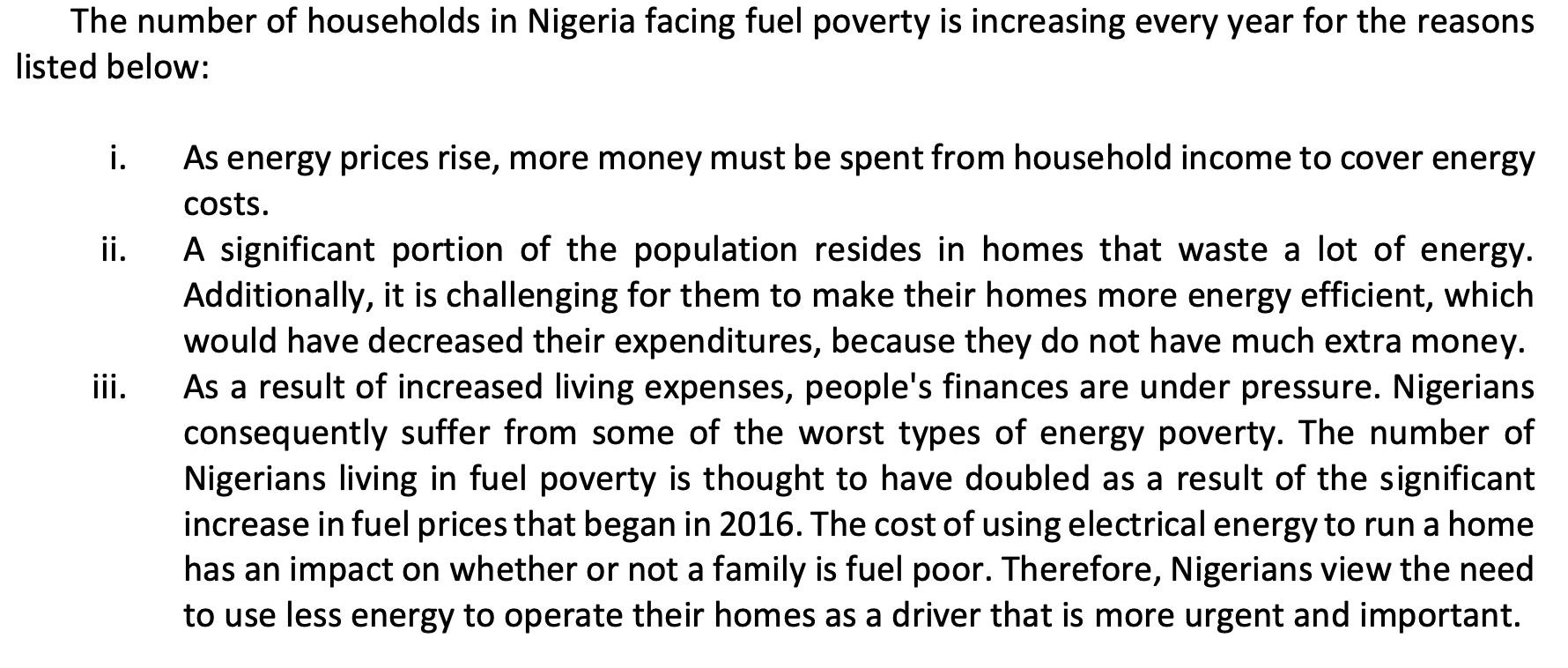Drivers, Enablers, Barriers and Technologies (DEBT) For Low-Energy Public Housing Delivery in Nigeria
DOI:
https://doi.org/10.37934/araset.29.3.115127Keywords:
Low energy, Public housing, Renewable technologies, NigeriaAbstract
Nigeria, as a developing country, has vast and varied energy resources, both renewable and non-renewable. In spite of these resources, an estimated 75% of her population of close to 200 million faces serious energy poverty problems due to shortfalls in energy supply compared to its energy demand. Consequently, a large portion of the population lives without access to adequate electricity. Hence, the country encounters unprecedented struggles with incessant power outages, unemployment, a low human development index (HDI), and poverty. This paper examines the drivers, enablers, barriers, and technological considerations for low-energy integration in the provision of housing for Nigeria's huge population. The objective is to harness the varied energy resources to aid in the delivery of environmentally friendly and sustainable housing in a developing economy such as Nigeria. This is critical in light of rising energy costs, environmental degradation, global warming, greenhouse gas emissions, and energy consumption. Reduced energy use in housing is highlighted as a critical issue in environmental management. The paper highlighted several factors that need to be appropriately addressed for a paradigm shift to low-energy integration to achieve sustainable housing delivery in Nigeria. It recommends the application of energy conservation measures in mass housing construction, the full exploitation and promotion of renewable energy resources, and energy efficiency practices in housing provision, among others. The paper concludes that these should be given adequate attention during planning, designing, and delivering sustainable housing.
Downloads





























